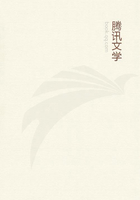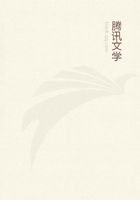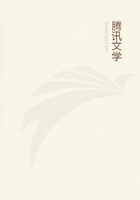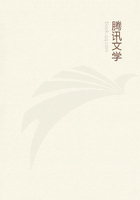20.Here a question rises to which we must find an answer: whether these and the other powers which we call "parts" of the Soul are situated, all, in place; or whether some have place and standpoint, others not; or whether again none are situated in place.
The matter is difficult: if we do not allot to each of the parts of the Soul some form of Place, but leave all unallocated- no more within the body than outside it- we leave the body soulless, and are at a loss to explain plausibly the origin of acts performed by means of the bodily organs: if, on the other hand, we suppose some of those phases to be [capable of situation] in place but others not so, we will be supposing that those parts to which we deny place are ineffective in us, or, in other words, that we do not possess our entire soul.
This simply shows that neither the soul entire nor any part of it may be considered to be within the body as in a space: space is a container, a container of body; it is the home of such things as consist of isolated parts, things, therefore, in which at no point is there an entirety; now, the soul is not a body and is no more contained than containing.
Neither is it in body as in some vessel: whether as vessel or as place of location, the body would remain, in itself, unensouled.If we are to think of some passing-over from the soul- that self-gathered thing- to the containing vessel, then soul is diminished by just as much as the vessel takes.
Space, again, in the strict sense is unembodied, and is not, itself, body; why, then, should it need soul?
Besides [if the soul were contained as in space] contact would be only at the surface of the body, not throughout the entire mass.
Many other considerations equally refute the notion that the soul is in body as [an object] in space; for example, this space would be shifted with every movement, and a thing itself would carry its own space about.
Of course if by space we understand the interval separating objects, it is still less possible that the soul be in body as in space: such a separating interval must be a void; but body is not a void; the void must be that in which body is placed; body [not soul]
will be in the void.
Nor can it be in the body as in some substratum: anything in a substratum is a condition affecting that- a colour, a form- but the soul is a separate existence.
Nor is it present as a part in the whole; soul is no part of body.
If we are asked to think of soul as a part in the living total we are faced with the old difficulty: How it is in that whole.It is certainly not there as the wine is in the wine jar, or as the jar in the jar, or as some absolute is self-present.
Nor can the presence be that of a whole in its part: It would be absurd to think of the soul as a total of which the body should represent the parts.
It is not present as Form is in Matter; for the Form as in Matter is inseparable and, further, is something superimposed upon an already existent thing; soul, on the contrary, is that which engenders the Form residing within the Matter and therefore is not the Form.If the reference is not to the Form actually present, but to Form as a thing existing apart from all formed objects, it is hard to see how such an entity has found its way into body, and at any rate this makes the soul separable.
How comes it then that everyone speaks of soul as being in body?
Because the soul is not seen and the body is: we perceive the body, and by its movement and sensation we understand that it is ensouled, and we say that it possesses a soul; to speak of residence is a natural sequence.If the soul were visible, an object of the senses, radiating throughout the entire life, if it were manifest in full force to the very outermost surface, we would no longer speak of soul as in body; we would say the minor was within the major, the contained within the container, the fleeting within the perdurable.
21.What does all this come to? What answer do we give to him who, with no opinion of his own to assert, asks us to explain this presence? And what do we say to the question whether there is one only mode of presence of the entire soul or different modes, phase and phase?
Of the modes currently accepted for the presence of one thing in another, none really meets the case of the soul's relation to the body.Thus we are given as a parallel the steersman in the ship;this serves adequately to indicate that the soul is potentially separable, but the mode of presence, which is what we are seeking, it does not exhibit.
We can imagine it within the body in some incidental way- for example, as a voyager in a ship- but scarcely as the steersman: and, of course, too, the steersman is not omnipresent to the ship as the soul is to the body.
May we, perhaps, compare it to the science or skill that acts through its appropriate instruments- through a helm, let us say, which should happen to be a live thing- so that the soul effecting the movements dictated by seamanship is an indwelling directive force?
No: the comparison breaks down, since the science is something outside of helm and ship.
Is it any help to adopt the illustration of the steersman taking the helm, and to station the soul within the body as the steersman may be thought to be within the material instrument through which he works? Soul, whenever and wherever it chooses to operate, does in much that way move the body.
No; even in this parallel we have no explanation of the mode of presence within the instrument; we cannot be satisfied without further search, a closer approach.
22.May we think that the mode of the soul's presence to body is that of the presence of light to the air?
This certainly is presence with distinction: the light penetrates through and through, but nowhere coalesces; the light is the stable thing, the air flows in and out; when the air passes beyond the lit area it is dark; under the light it is lit: we have a true parallel to what we have been saying of body and soul, for the air is in the light quite as much as the light in the air.

